Greenwich Council may extend use of privatised town centre enforcement staff
A scrutiny panel meeting next week is set to look at whether to extend the use of recently privatised enforcement staff from 2023 or bring it back in-house.
Greenwich council privatised the former town centre warden service which includes issuing fines for issues such as littering to a company called Kingdom, which has seen the bulk of revenue from fines head their way.
A report from the head of Greenwich Council’s Housing and Enforcement department recommends retaining private staff instead of returning the service in-house, despite their figures stating doing so would see a surplus of revenue brought to the council.
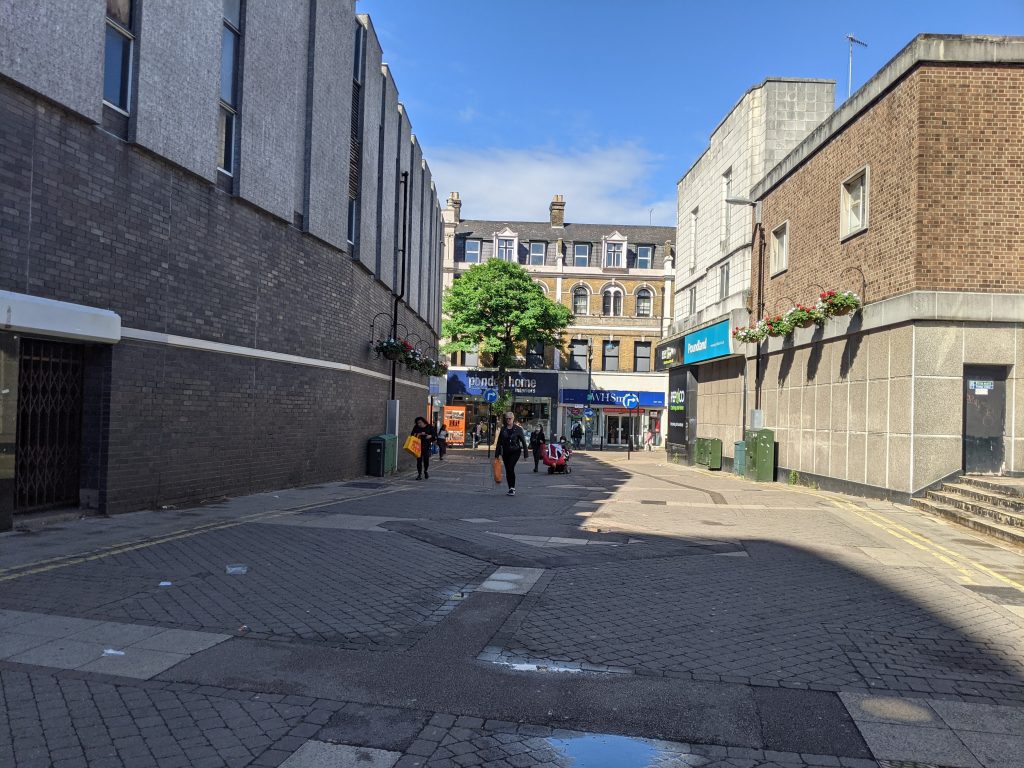
When privatised in 2019, the agreement saw outsourcing company Kingdom retaining the first £383,000 excluding VAT of any income from fines.
After that, they would take a £20 admin fee from each £60 fine, and only then would income be split 50-50, this ensuring Greenwich Council would see just £20 of a £60 fine.
In 2021/22, it appears no income was paid from Kingdom to Greenwich council, with the council in fact paying Kingdom £10,000.
Privatised
A report states bringing services in-house would not be advantageous and appears to be based upon a set of assumptions which may seem a little off.
It claims that six in-house enforcement staff employed by Greenwich Council would cost £269,826 a year, meaning each would earn just under £45,000. A supervisor would earn £53,000.

That seems rather high to me, especially when Kingdom are advertising for staff in Woolwich at a rate of pay between £11.05 and £12.
At £12 an hour working 40 hours a week, that’s less than £25,000 a year. There’s additional costs of course such as employer NI but still quite the gap.
Those high costs quoted for directly employed staff help limit the cost/benefit of bringing staff back in house, with the Department of Housing and Enforcement using it to seek to retain the existing system.
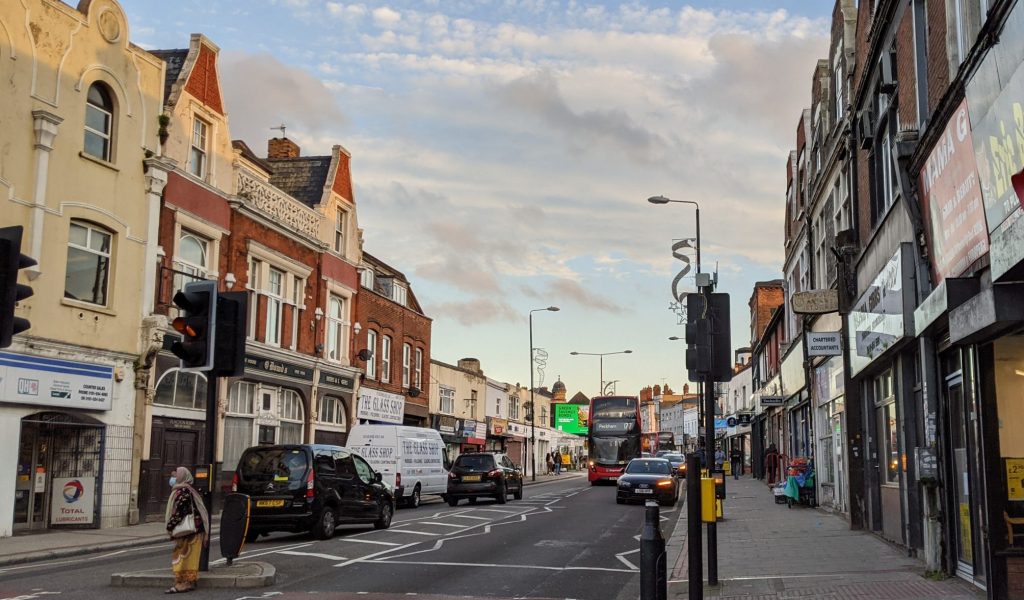
Other elements of the report appear to state the council are too incompetent to run a service.
At one point it states: “Replicating the flexibility, efficiency, productivity, and resilience afforded from 3rd party contractors, operating at scale and with specific purpose, is far from guaranteed and Councils are often hampered by inefficient processes and lack of robust performance & HR regimes”.
Maybe they’re right given the long running shambles with parking enforcement, but wouldn’t it be better to reform departments rather than outsource and lose income – especially during a time of cuts?
For many years Greenwich also outsourced parking enforcement in various areas to a private company called Wing Security, in a deal which ensured they saw no revenue.
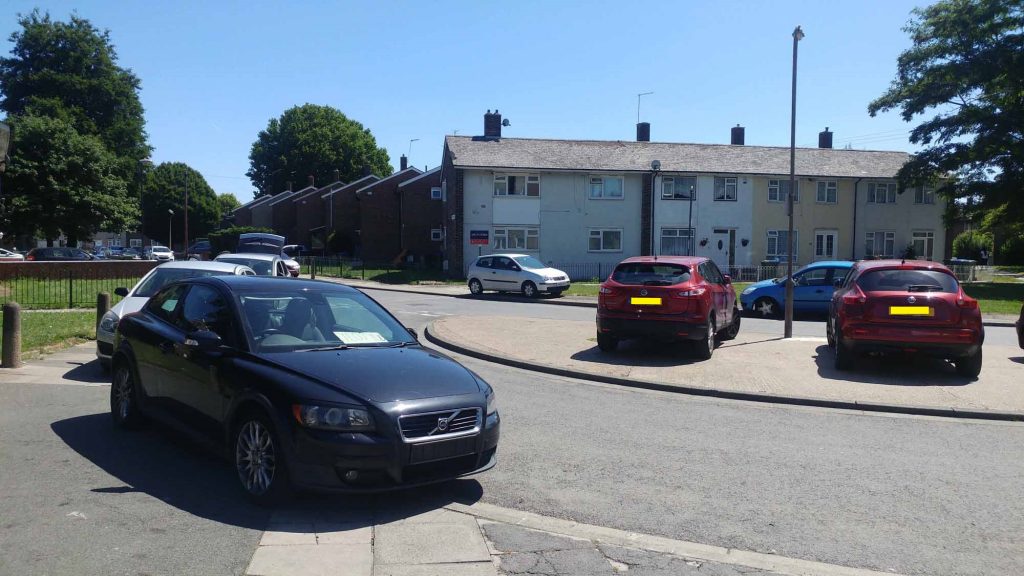
That has recently been brought in-house, but only because it became impossible to function via the private company. The DVLA would not release driver details of vehicles to a private company.
Despite being warned of this in 2015, Greenwich took five years to act, losing out on income.
Ideology
The report seems to present an ideology in favour of privatisation, stating it delivers “the flexibility, pace, and market driven innovation that the private sector can offer in comparison to the public sector”.
Though it states bringing staff in-house and retaining all income from fines itself is “ideologically driven” rather than one that could make the most financial sense with a well run, functioning department.
The report has been drawn up after some councillors “indicated their preference for commercially driven services, such as third-party enforcement, to be delivered in-house within the Council or via cooperative type community wealth building approaches.”
The Department and Officer in charge does not seek for that to happen.
Three options are now on the table for the future of the service from 2023.
One is to bring it all back in-house.
Second is to keep back-end operations with a third party and bring frontline staff in-house. The report states the council lacks the necessary ability to process fines and any subsequent court action:
“It is a requirement for the Council to provide appropriate S.151 certification of non-payment for any cases progressing to court proceedings.
It was quickly pointed out that the Council still lacks the ability and resource do this at speed or scale.
This was one of the main challenges which hampered the prosecution of offenders prior to use of third-party enforcement support. Fulfilling this legal requirement in-house may again require additional staffing at cost and would add to the complexity of approach which otherwise works relatively well.”
However, “working well” means next to no revenue.
The third is to keep both back-end operations and front-line staff all in private hands, with the private company taking most if not all of the revenue. That is recommended to councillors as the way forward.
It appears investing in the means to capture all revenue – which may mean initial investment costs for long term benefits – is placed behind permitting a private company to obtain the majority of income.
Councillors will discuss what to do next on 10 November.
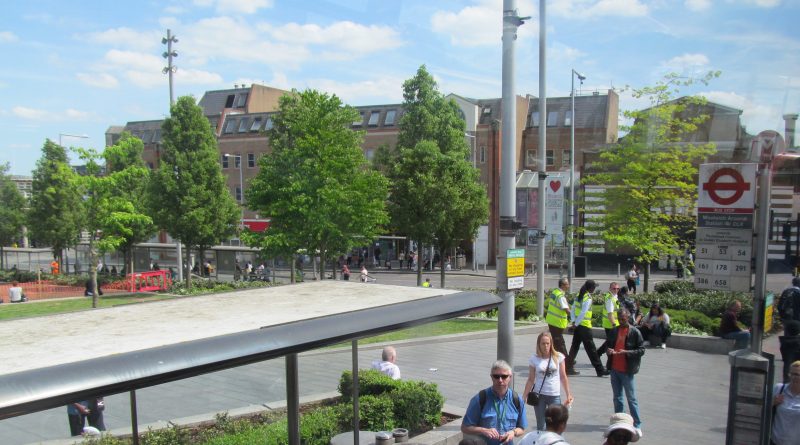
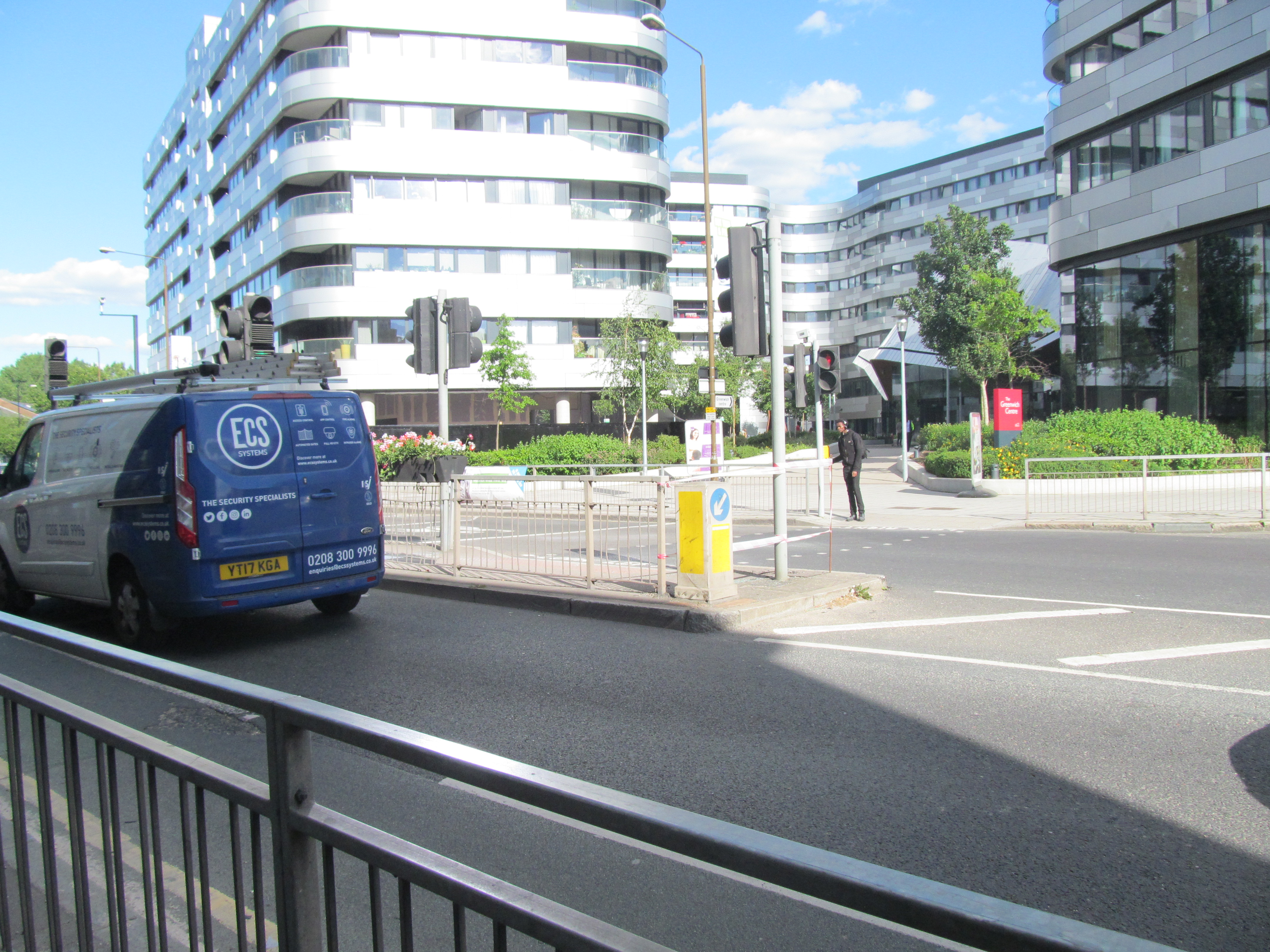

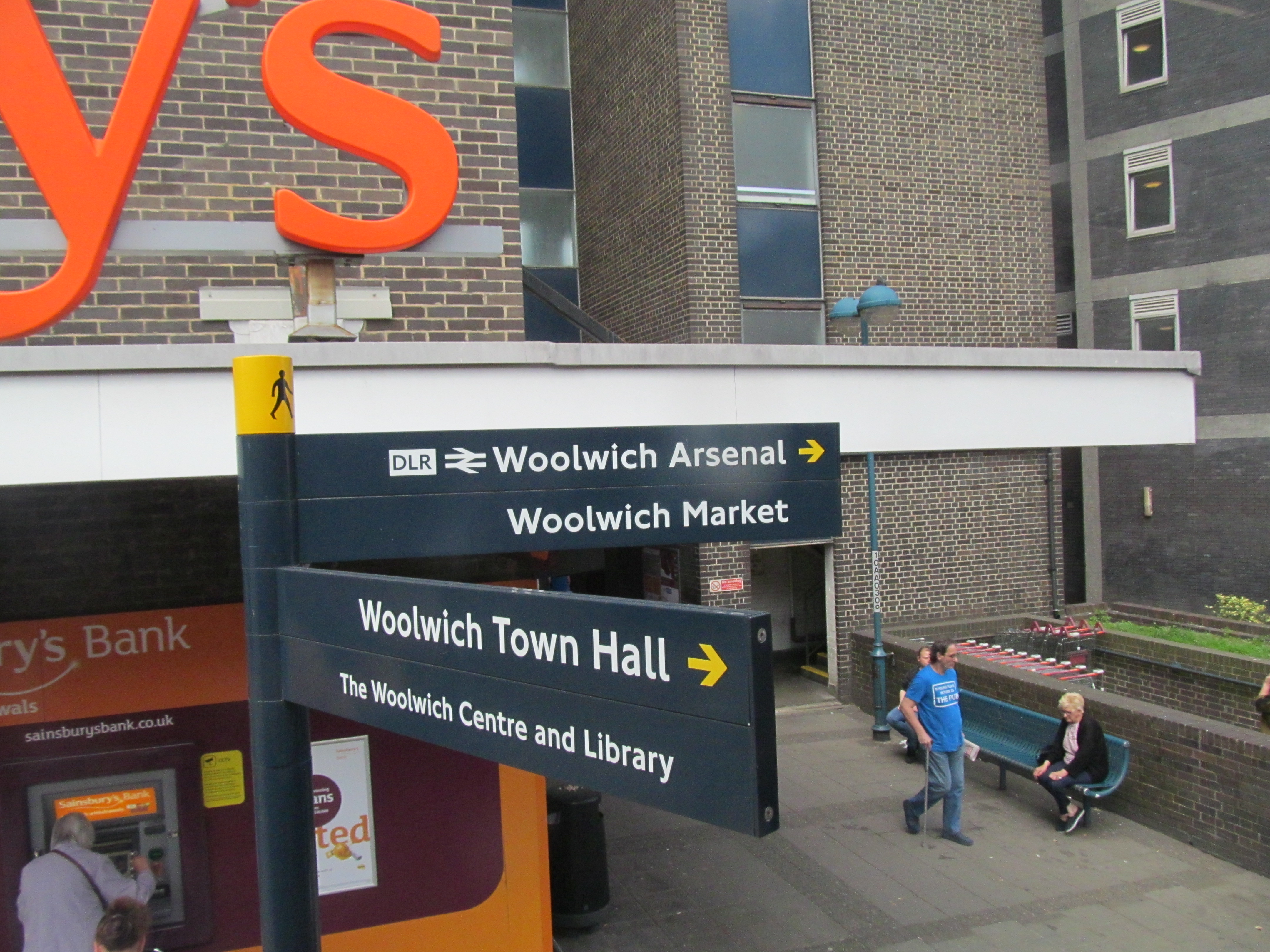

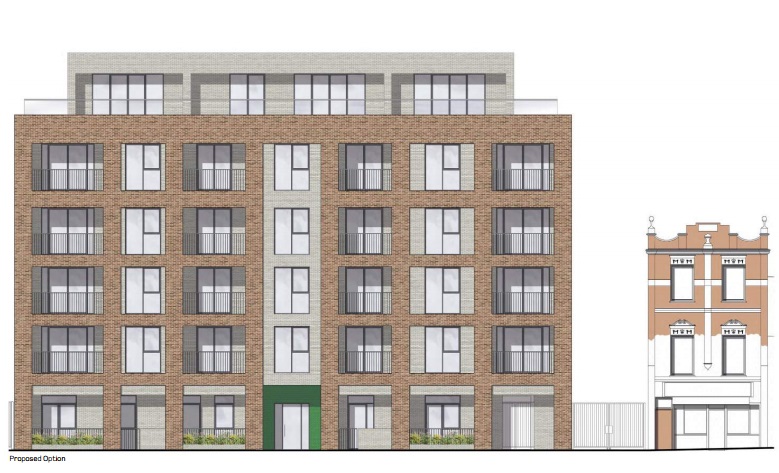

Strikes me that analysis of how other London boroughs tackle this is essential to compare revenues gain from in house. If other councils can make a profit then RBG has to up it’s game. Looks like someone somewhere either doesn’t want the extra work or someone somewhere is doing quite nicely from the services being in private hands and doesn’t want change. If they argue for no change, they have to prove their case better financially, under scrutiny. Otherwise in house has to be given a crack of the whip, and at equivalent pay scales to the private outfits but additional pension benefits to attract loyalty. What is wrong with RBG! Leadership needed here.